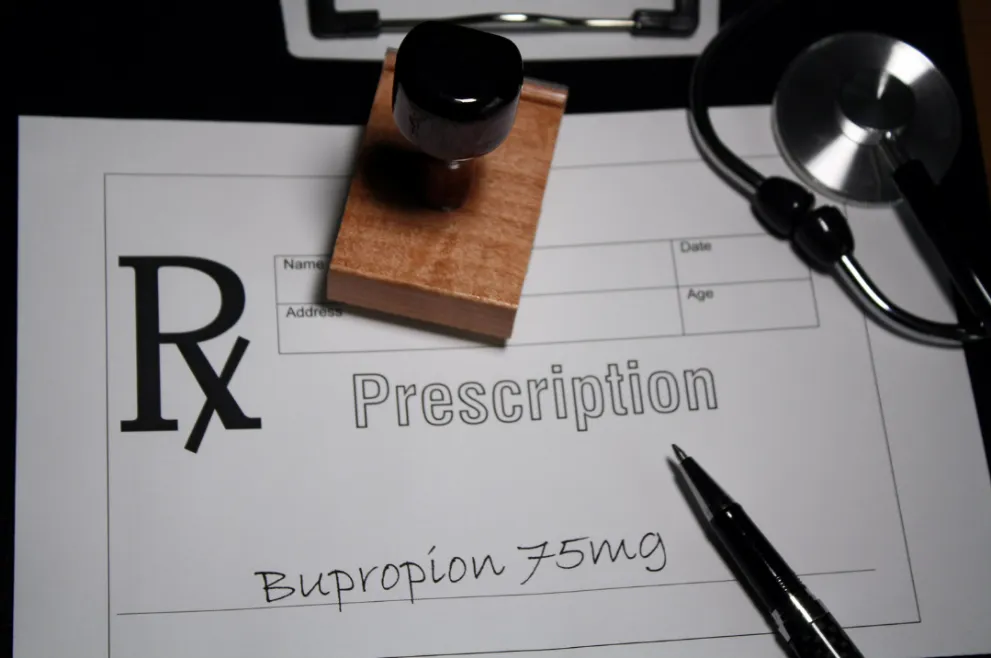Do you need a supplement?
While many healthy individuals don't require supplements or vitamins, many people do. The best source of vitamins and minerals is always food. However, some people find it extremely challenging to consume enough fresh produce, healthy grains, and fruits that will give them the vitamins and minerals that they need. These people could benefit from a supplement:
Older people: When you turn 50, your body starts to absorb less vitamin D and vitamin B12. Adding an extra dose of these vitamins via a supplement may help you get what you need.
Those with certain diseases: Certain disease conditions can make it difficult for you to absorb some vital nutrients so a supplement may be needed. Some of these conditions are inflammatory bowel disease, celiac disease, cystic fibrosis, liver disease, cancer, pernicious anemia, alcohol dependence, and certain gene mutations. Additionally, if you take a medication, ask your doctor about any potential interactions with vitamins or supplements.
Pregnant women: You won't get enough iron and folic acid from meals if you are or intend to get pregnant. Prenatal vitamins give you an extra cushion of safety. If you have any worries about taking vitamins and supplements while pregnant, talk to your doctor.
Young children: Infants and children may benefit from additional vitamin D and iron.
Individuals on restricted diets: If you are on a restricted diet, it may be harder for you to get some nutrients such as vitamin B12 or calcium. People on restricted diets, including vegans and people with dairy allergies, benefit more from vitamins and minerals supplements.
Those with lower access to healthy foods: Those who, due to their financial situation or where they live, don't have easy access to healthy meals might consider vitamins or supplements to help support health.
Do I have vitamin or mineral deficiencies?
If you are concerned about whether you have vitamin or mineral deficiencies, your doctor may recommend a blood test to confirm it. For instance, if you have been a vegan for an extended period of time, you might want to confirm your vitamin B12, calcium, and vitamin D levels. If you experience any of the following symptoms, your doctor may advise getting tested:
- extreme hair loss
- bone or joint pain
- extreme exhaustion
- irregular heartbeat
- vision changes
- wounds that heal slowly
How common are nutritional deficiencies in the United States?
Nutritional deficiencies are fairly rare among Americans. However, there is a growing concern with some nutrients, such as:
Are vitamin and mineral supplements safe?
Vitamins and minerals supplements are generally safe and do not pose any harm when you are within the tolerable limit. However, if you take a multivitamin every day and simultaneously eat fortified foods and drinks, the level of some nutrients in your body may exceed the tolerable upper limit. The implication of this may be mild like nausea, or serious like bleeding.
Do I need to tell my healthcare provider if I take any supplements?
Yes, talk to your healthcare provider if you are taking any supplements. Some supplements can interfere with how your medications work. For example, taking warfarin (Coumarin) with supplements such as ginkgo biloba and vitamin E can increase your risk of internal bleeding or stroke.
When should I use caution when taking supplements?
Some vitamins and minerals require extra caution when taken by those with certain conditions. For example:
- High doses of beta-carotene and vitamin A can increase your risk of lung cancer if you smoke.
- Vitamin A in retinol form increases the risk of birth defects in pregnancy.
- [Calcium](https://www.rxless.com/savings/calcium-acetate and vitamin D should be avoided in cases of hypercalcemia due to the increased risk of kidney stones.
- Retinol, magnesium, and potassium should be avoided by patients with renal impairment.
- Fish oil supplements should be avoided by patients with type 2 diabetes.
What should I be aware of before taking supplements and vitamins?
Before taking vitamins and supplements, you should do the following:
- Always check with your healthcare provider to confirm you need it and how much to take.
- Never exceed the recommended daily value unless your doctor prescribes it.
- Buy brands with USP, NSF, or another third-party “seal of approval.”
When your doctor provides you with a prescription for the vitamins and supplements you need, use an RxLess discount coupon to save up to 88% off the retail price. Follow this guide on how to use your prescription coupon at pharmacies nationwide including CVS, Rite Aid, and Walgreens.

















